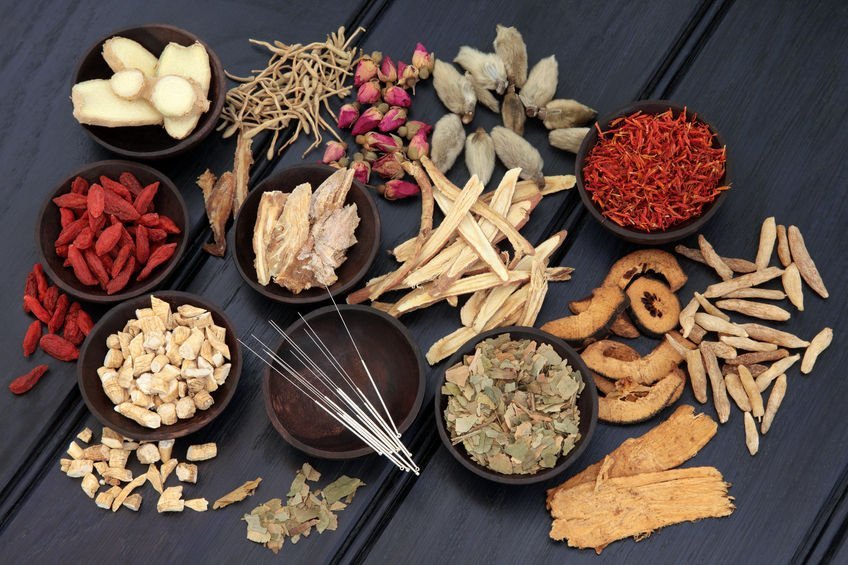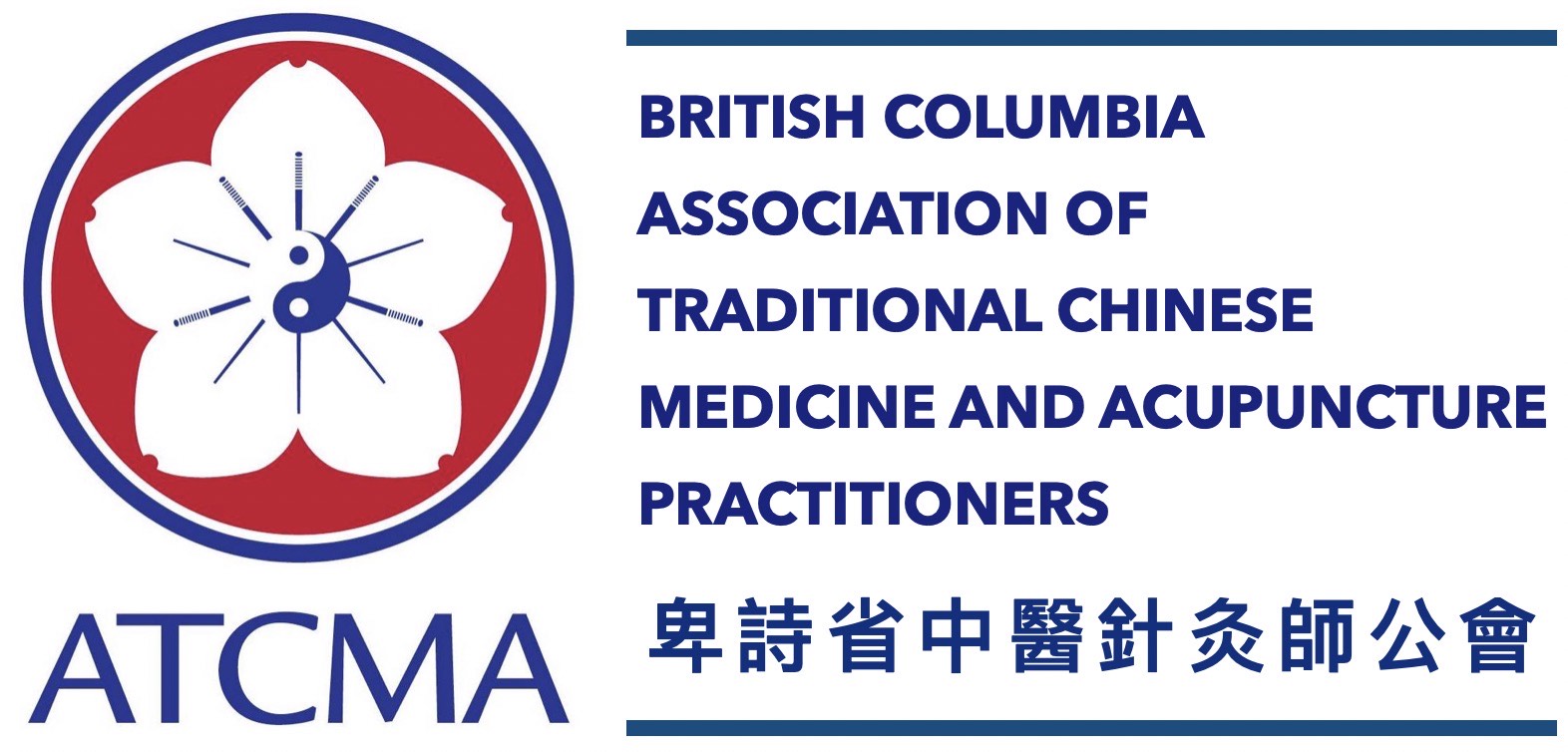
Traditional Chinese Medicine (TCM) originated in ancient China and has evolved over thousands of years. TCM means the promotion, maintenance and restoration of health and prevention of a disorder, imbalance or disease based on traditional Chinese medicine theory by utilization of the primary therapies.
TCM encompasses many different practices, including: acupuncture, moxibustion (burning an herb above the skin to apply heat to acupuncture points), Chinese herbal medicine, tui na (Chinese manipulative therapy), dietary therapy, and tai chi and qi gong (practices that combine specific movements or postures, coordinated breathing, and mental focus).
Brief History of TCM & Acupuncture Regulation in BC
Both Traditional Chinese Medicine (TCM) and acupuncture are currently regulated under the Health Professions Act (B.C. Reg. 290). In 1996 the Government of British Columbia, Canada established the College of Acupuncturists of British Columbia (CABC). Subsequently, in 1999 CABC was expanded by the Government of British Columbia to amalgamate Traditional Chinese Medicine and Acupuncture as a whole in a unified college that then became known as the College of Traditional Chinese Medicine Practitioners and Acupuncturists of BC (CTCMA).
Effective April 12, 2003, a valid registration (professional license) issued by the College is required in order to practice TCM and acupuncture in British Columbia.
Educational Requirements to Practice TCM Acupuncture in BC
Under CTCMA Bylaws 48.1; The requirements for full registration are successful completion of not less than two (2) years of liberal arts or sciences study (comprised of at least 60 credits) in an accredited college or chartered/approved university acceptable to the registration committee as well as the completion of a TCM education program that meets the criteria in Schedule E of the CTCMA Bylaws.
Schedule E:
- Acupuncturist programs shall consist of a minimum of 1,900 hours of study over 3 academic years, including a minimum of 450 hours of clinical instruction of which at least 225 hours must be in supervised practice.
- Traditional Chinese Medicine Herbalist programs shall consist of a minimum of 1,900 hours of study over 3 academic years, including a minimum of 450 hours of clinical instruction of which at least 225 hours must be in supervised practice.
- Traditional Chinese Medicine Practitioner programs shall consist of a minimum of 2,600 hours of study over 4 academic years, including a minimum of 650 hours of clinical instruction of which at least 425 hours must be in supervised practice.
- Doctor of Traditional Chinese Medicine programs shall consist of a minimum of 3,250 hours of study over 5 academic years, including a minimum of 1,050 hours of clinical instruction of which at least 825 hours must be in supervised practice.
Finally, a practitioner must successfully complete the Pan-Canadian board examinations for each designation level as required by the CTCMA education and examination committee to be considered for full registration.

